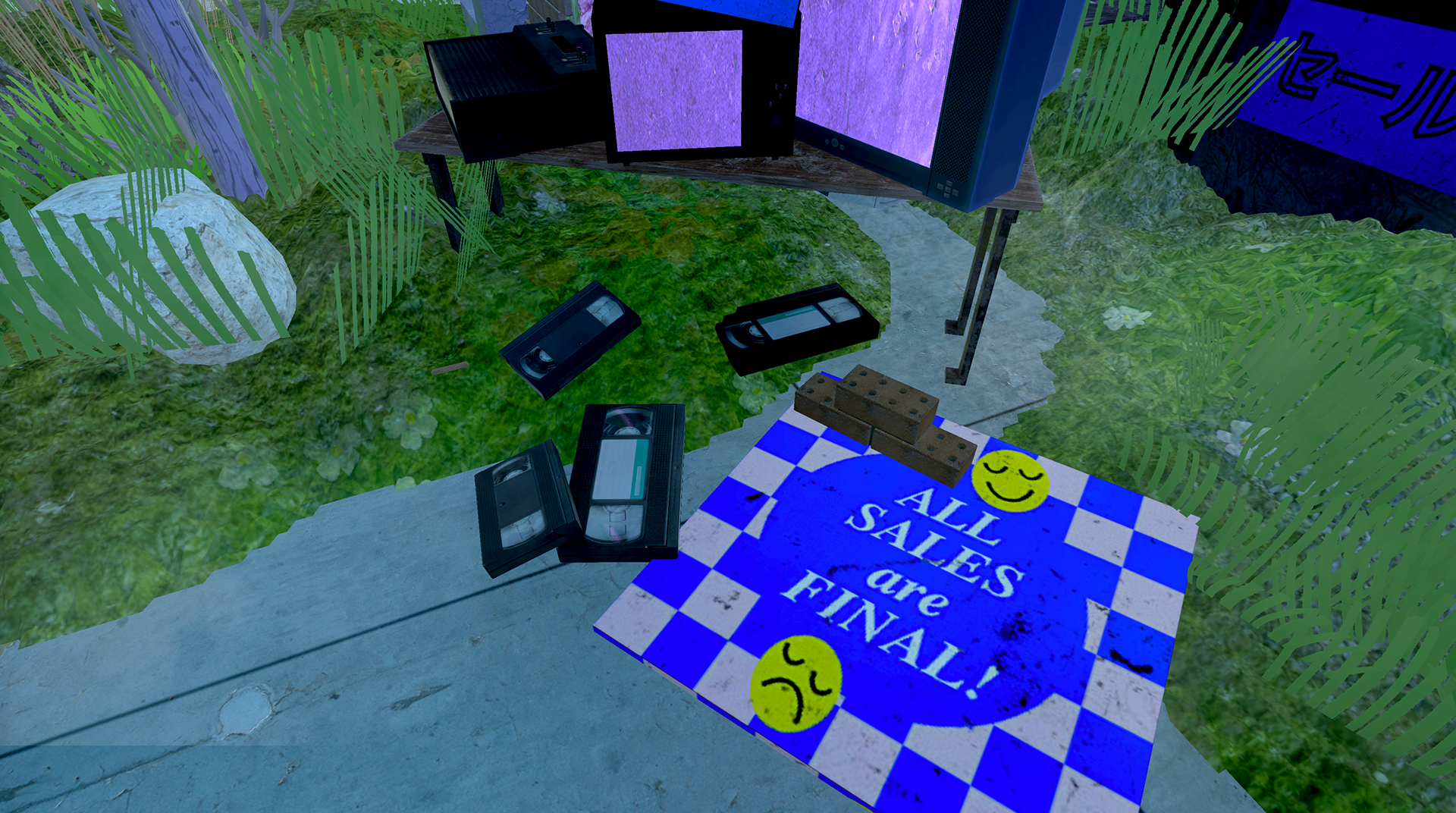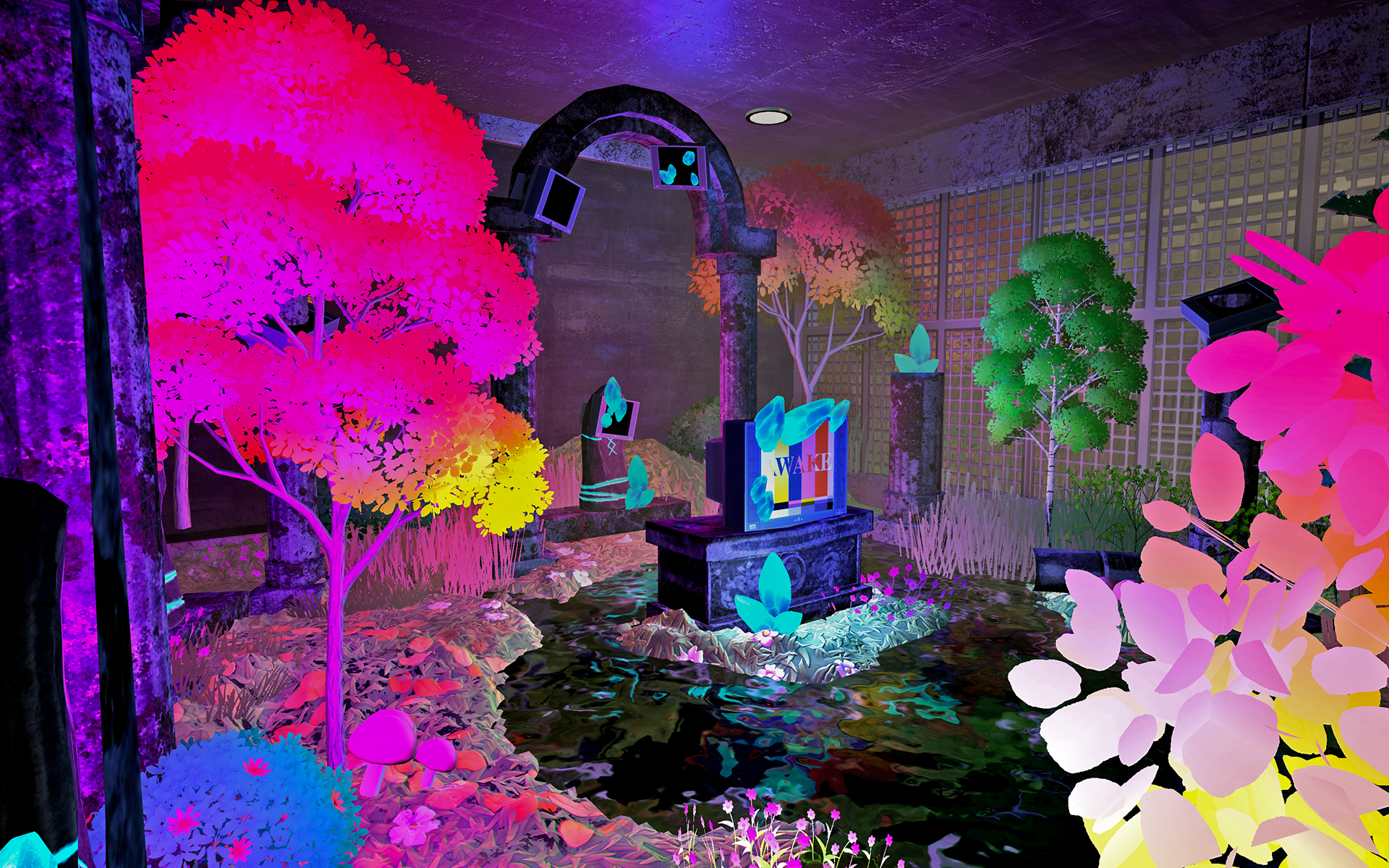Accepted at the 2021 International Conference on Design Principles & Practices,
University of Monterrey, Monterrey, MX
University of Monterrey, Monterrey, MX
Since time immemorial, shopping malls have served as potential havens for establishing a symbiotic relationship between several individual communities and their corresponding consumers, all under a single roof. These installments with ground-breaking architecture coupled with a multitude of amenities have inconspicuously managed to mimic the ambience and activities of these local communities. Gradually, these malls have transformed into dead spaces resulting in urban decay, that now stands as a clear manifestation of economic decline. Today, as the ongoing COVID-19 pandemic has brought the world to an economic standstill, the economics of malls continues to collapse.
Based on this notion, the authors created a collaborative virtual reality project for mental rehabilitation, which examines the themes of destruction, growth, sustainability and mindfulness using the metaphor of a desolated shopping mall. Ten virtual spaces were developed to encourage participants’ engagement within a virtual environment and to alleviate the impact of social isolation during the ongoing coronavirus pandemic.
This is an ongoing collaboration at the University of Illinois at Chicago involving a team of 10 designers from Industrial Design and Graphic Design programs in the integrated multidimensional modes of creative production. This project was developed in remote collaboration using Unity game engine and collaboration tools enabling virtual teamwork and helped designers mitigate issues related to isolation during coronavirus pandemic. The project explores how design methodologies enhance the art of virtual reality through collaboration, interaction and aesthetics.



